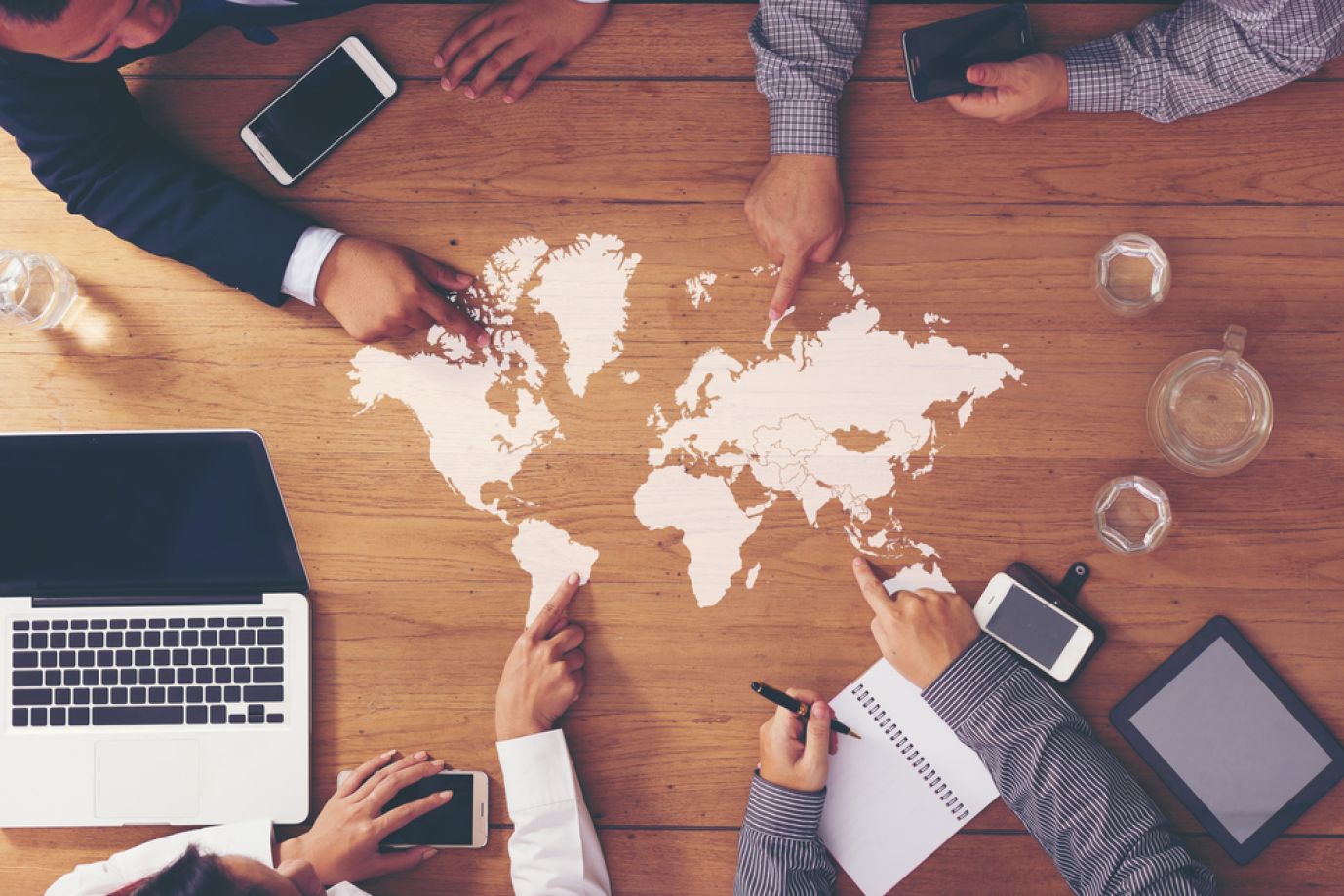Navigating the complex regulatory waters of ESG through a multi-disciplinary approach to integrated sustainability and corporate eresponsibility
Sustainability is fast becoming the new normal for companies. This implies not only a rethinking of strategies and business models, but also a thorough review of business processes to assess the degree of alignment with ESG (Environmental, Social, Governance) criteria. The European Union plays a key role in promoting the ‘sustainable revolution’ through a strict regulatory framework that requires Member States to adopt ESG criteria for companies. This irreversible and fundamental process requires a gradual transition of Italian companies towards greater environmental, social and governance sustainability. The mapping and communication of ESG impacts, risks and opportunities become central for all companies, large, medium and small.
In this context, Human Hall’s scientific hub, through its website Canale Sostenibile, presented an ambitious and innovative project: 13 company interviews carried out in collaboration with four departments of the University of Milan, funded by the Diversity, Inclusion & Welfare Clips project. Involving companies such as Acque Bresciane, Barilla, Bayer, and many others, aiming to promote inclusion and sustainability in the corporate fabric. The research is funded by the University of Milan as part of the Musa project.
The interviews, conducted by students from the university after specific training, highlight the best practices of virtuous companies, demonstrating that inclusion is possible in every sector and company size. By emphasising the competitive value of sustainability, the project also aims to disseminate the principles of a winning business culture and raise awareness among young people about building a sustainable economy.Sustainable Channel is thus configured as a laboratory of ideas, where companies, universities and society work together to address the cultural challenge of sustainability in an ever-changing world.
Corporate initiatives such as those presented in Human Hall’s Canale Sostenibile project acquire further relevance as they not only respond to European regulations, but also demonstrate how Italian companies can be pioneers in adopting sustainable and inclusive practices, transforming challenges into opportunities for growth and development. The companies so far involved in the project selected for their inclusive profile are: Acque Bresciane, Barilla, Bayer, Deloitte, Digital Magics, FedEx, Fondazione Adecco, Gruppo 24 Ore, Nestlé, Poste Italiane, Technogym, Tetra Pak and Valentino.





